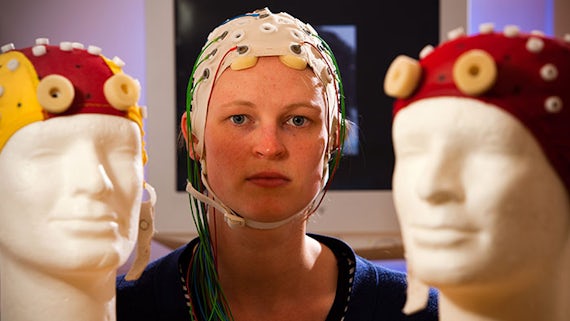Study sheds new light on link between Covid pressures and suicidal thoughts
2 June 2021

New research co-led by Professor Robert Snowden from the School of Psychology has revealed more about the impact Covid-19 and lockdown has had on the mental health and wellbeing of people in Wales. There has been concern at how the pandemic has not only hit physical health and the economy but has also impacted our mental health with the possibility of increased rates of suicide.
The collaborative research, which was carried out by Cardiff University, Swansea University, and the NHS in Wales, investigated exactly which Covid-related stressors are most likely to trigger suicidal thoughts and behaviours. The researchers also discovered the important role that hope for the future can play - along with individuals’ levels resilience - when it comes to coping with these stressors.
More than 12,000 people responded to the Wales Wellbeing survey which asked volunteers to share their experiences during the first UK lockdown.
The results, which have just been published by journal the Archives of Suicide Research, show that several stressors such as social isolation, domestic abuse, relationship problems, redundancy, and financial problems were strongly linked to suicidal thoughts and behaviours. However, not everyone enduring these issues reported having suicidal thoughts. Those individuals with high levels of resilience and hope for the future were less affected by these pressures.
Professor Snowden, from Cardiff University, said: “Many of these stressors are difficult to avoid, so we also need to instil hope for the future in our communities to help people get through these difficult times.”
The survey was conducted at the time of the first UK lockdown (June-July 2020) and the paper’s lead author, James Knowles, from Swansea University, is continuing to monitor the situation.
He said: “People’s responses to a traumatic crisis do not follow a simple path of depression then recovery. It is currently unclear as to whether people simply have got worse as the crisis has continued or whether they are becoming more immune to the situation and are developing increased resilience. Only by understanding this can we be in a position to make an effective response and help people who might be suffering.”
Read their research in full: The role of hope and resilience in protecting against suicidal thoughts and behaviours during the Covid-19 pandemic.

